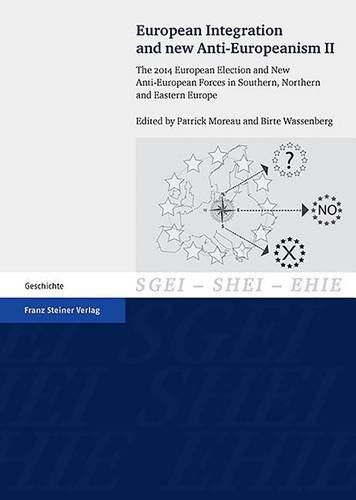The economic crises since 2008, the tensions concerning the Euro, the Greek question and the refugee problem have fuelled a strong Eurosceptic movement. At the 2014 European elections, the rise of Eurosceptic forces could be observed in virtually all Member States of the EU. This publication regroups the contributions to a Conference organized 2014 in Strasburg by the CNRS-University of Strasbourg research unit UMR Dynamiques europeennes, in the framework of the IDEX excellence project The European Integration and the New Anti-Europeanism. In this second of two volumes, three groups of EU Member States are analysed: Mediterranean (Cyprus, Spain, Portugal, Greece), Scandinavian States (Sweden, Finland) and Austria; finally, Eastern European and Baltic States (Czech Republic, Slovakia, Hungary, Estonia, Latvia). Does the discourse of Eurosceptic parties in Eastern Europe differ from national-populists in the Nordic States or Austria? Is anti-Europeanism of the Greek or Cypriot extreme right similar to that of parties of disruption in Italy (Five Star Movement) or Spain (Podemos)? Can we equate anti-Europeanism of Czech Communists and alter-Europeanists in the Baltic States?





